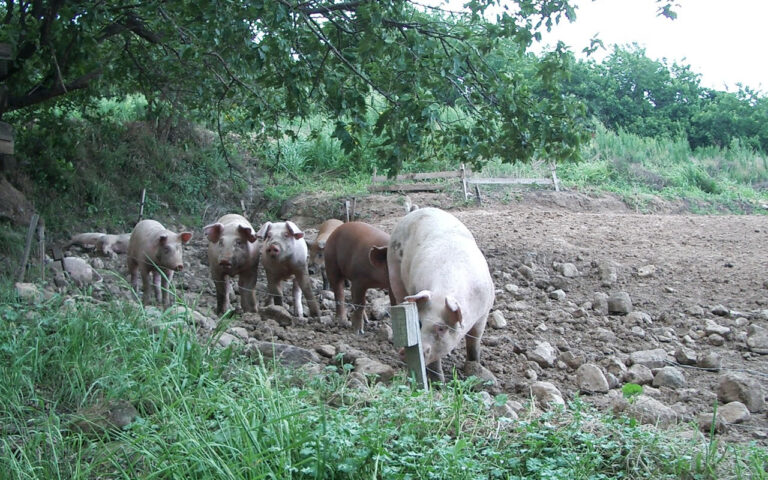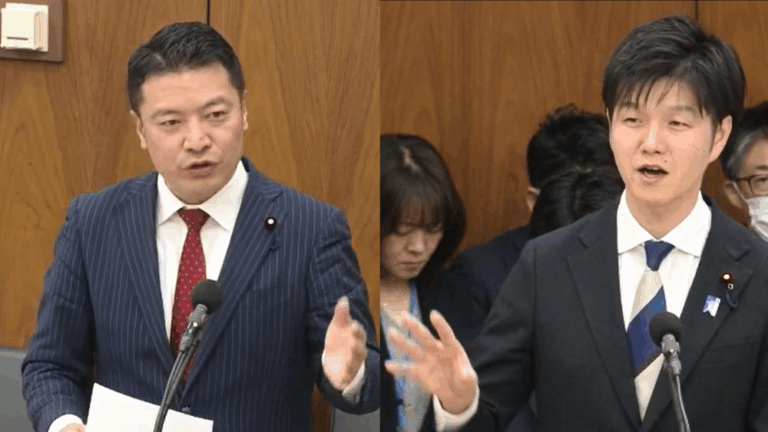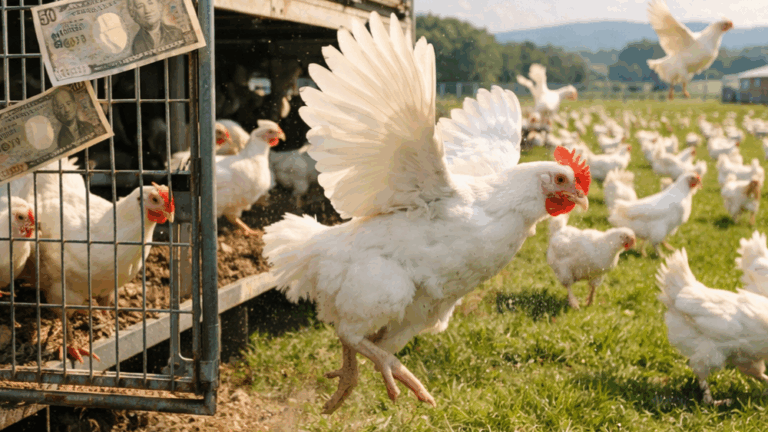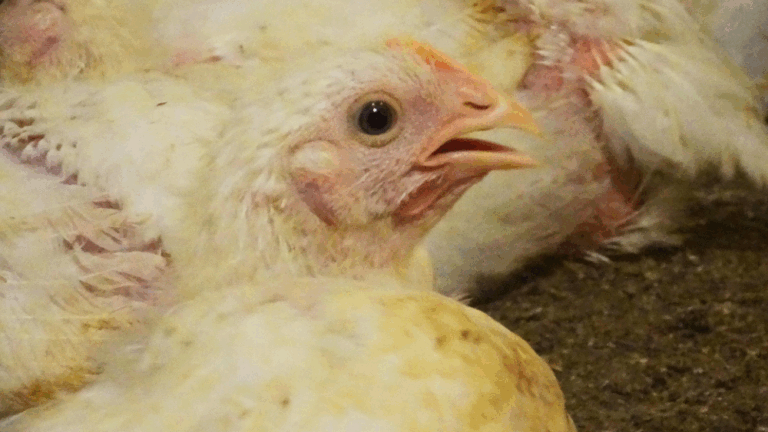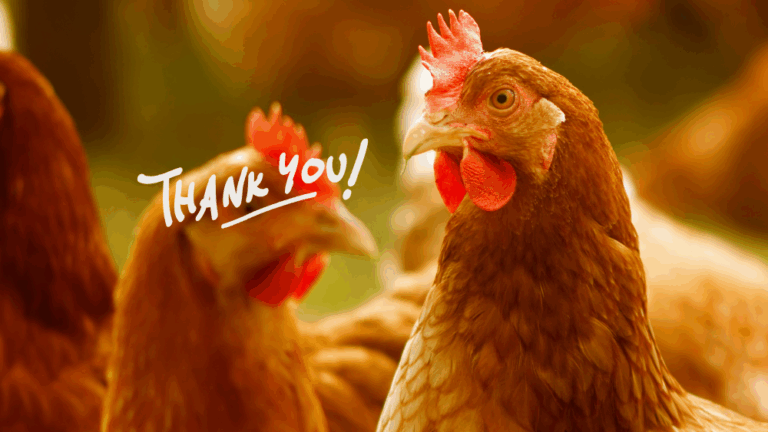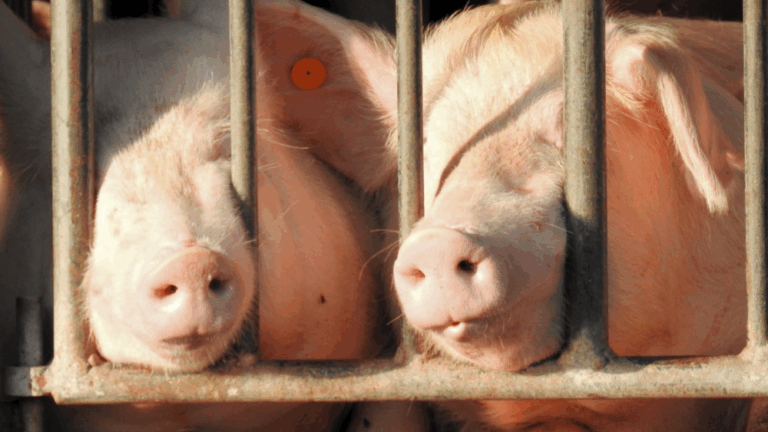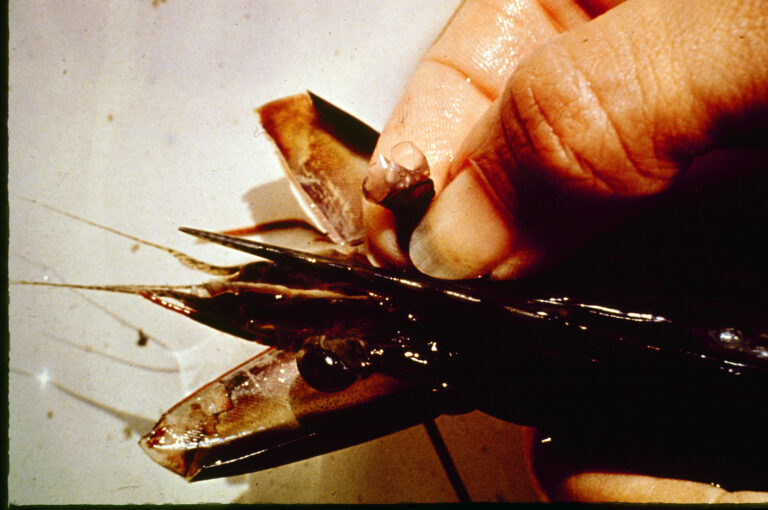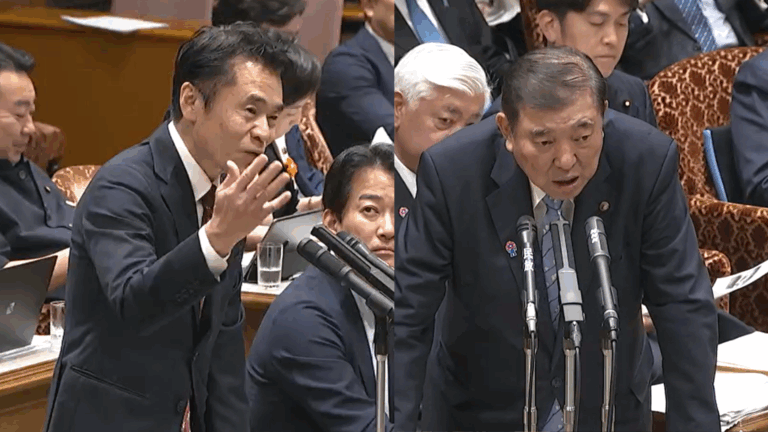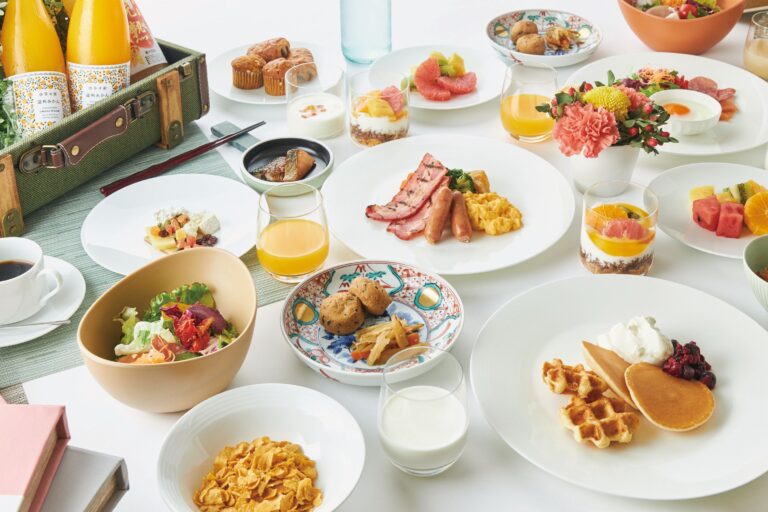Previously in Japan, JAS Certification for organic livestock was the only animal welfare certification with standards that could satisfy the Five Freedoms. This changed, however, in October 2021 when Yamanashi Prefecture announced new “Yamanashi Animal Welfare Certification Standards”.
The Yamanashi Animal Welfare Certification Standard is separated into two tiers: Effort Certification, which evaluates the initiative’s effort, and Achievement Certification, which evaluates the actual result.
As with JGAP and other certifications, the criteria for Effort Certification consist of items that are fairly basic in raising animals and are included in the “Guidelines for Animal Feeding Management Corresponding to the Concept of Animal Welfare” established by Japan Livestock Technology Association. For instance, observation, feeding and water supply, environmental factors such as temperature and humidity, as well as hygiene are specified. Yamanashi Prefecture has stated that by making this Effort Certification widely accessible, they hope to encourage more producers to participate.
Look for the Achievement Certification level when shopping
The Achievement Certification is the more important of the two certifications for consumers to look for when choosing a product. This certification is divided into three levels according to the degree of achievement.
If we choose a product with the highest level of certification (we’ll call it “3 stars” for the purposes of this article) , we know that the product satisfies the global standard of animal welfare that we generally expect. Three stars, for example, indicates that the animals are free range and can go outside to enjoy the sunshine and the breeze.
Unfortunately, if a product has only 1 star, it is likely that its animal welfare is not as high. But don’t be disappointed with this certification system just yet. Many other certifications have varying levels as well, so we just need to keep in mind that what matters is that the product has 3 stars. In fact, the farms recognized by Yamanashi Prefecture as “in-prefecture farmers who are leading the nation in practicing animal welfare” (likely 3 stars) are all free-range farms who have achieved very good animal welfare.
Examples include Boo Hoo Woo Farm (pigs), Kurofuji Farm (egg-laying hens), Koshu Jidori Production Association (broiler chickens), and (a general incorporated foundation) KEEP Foundation (dairy cows).
A significant step forward
This initiative is fantastic news for the future of animal welfare in Japan, as we stated in our comment published in Alterna. It exemplifies what the international animal welfare standard aspires to, and the mere fact that the local government has envisioned such a future is a significant step forward.
Our hope is that other local governments will follow suit to achieve higher animal welfare where no deception or falsehoods exist.
Translation thanks to Haruka U.


